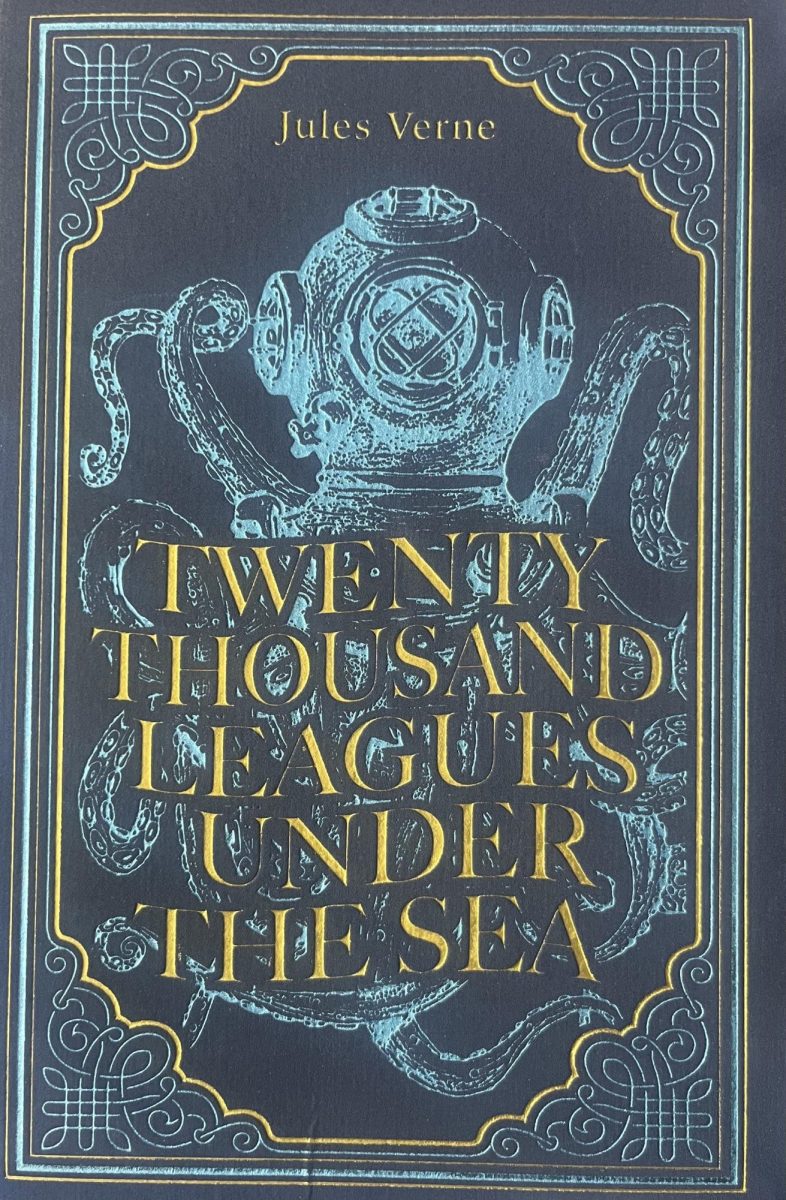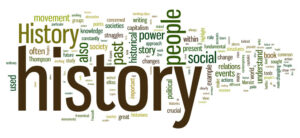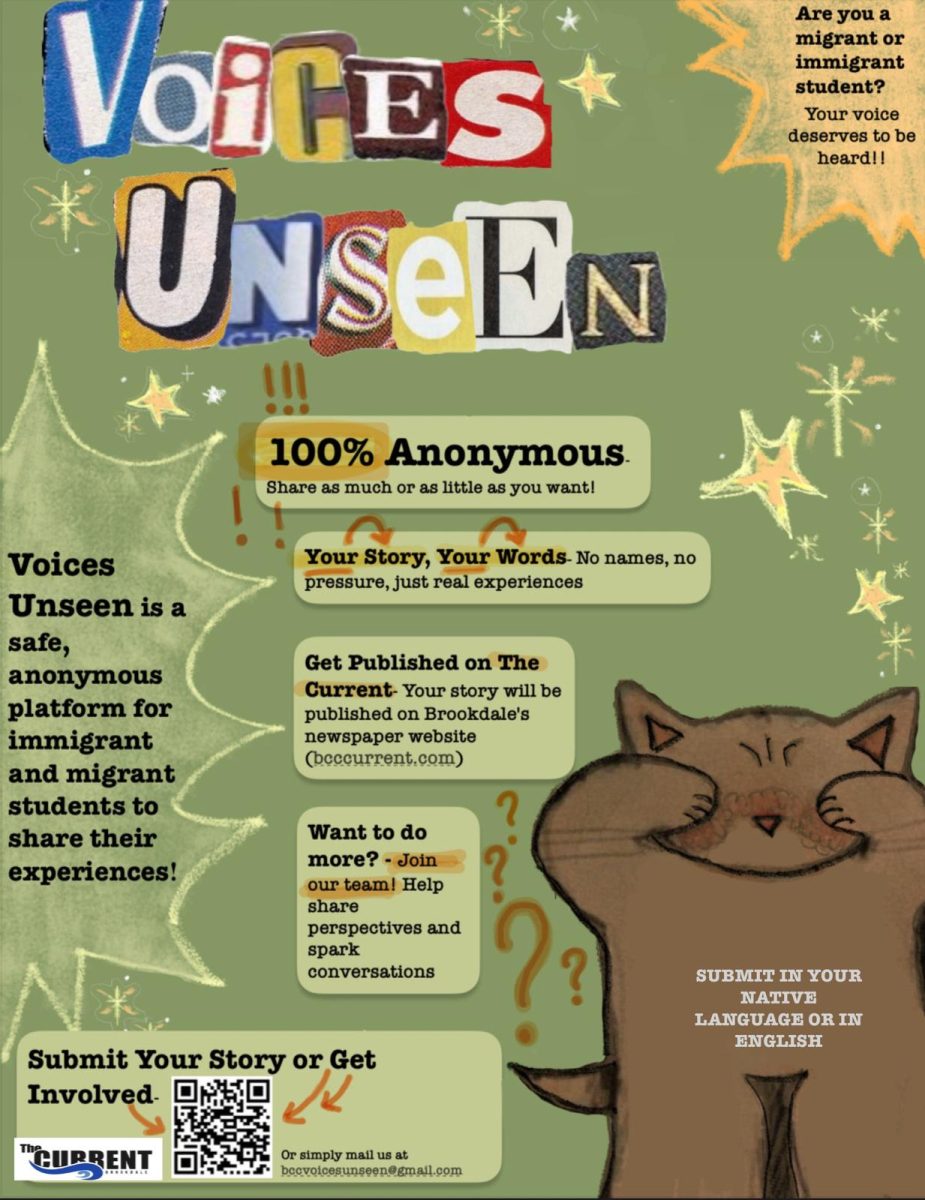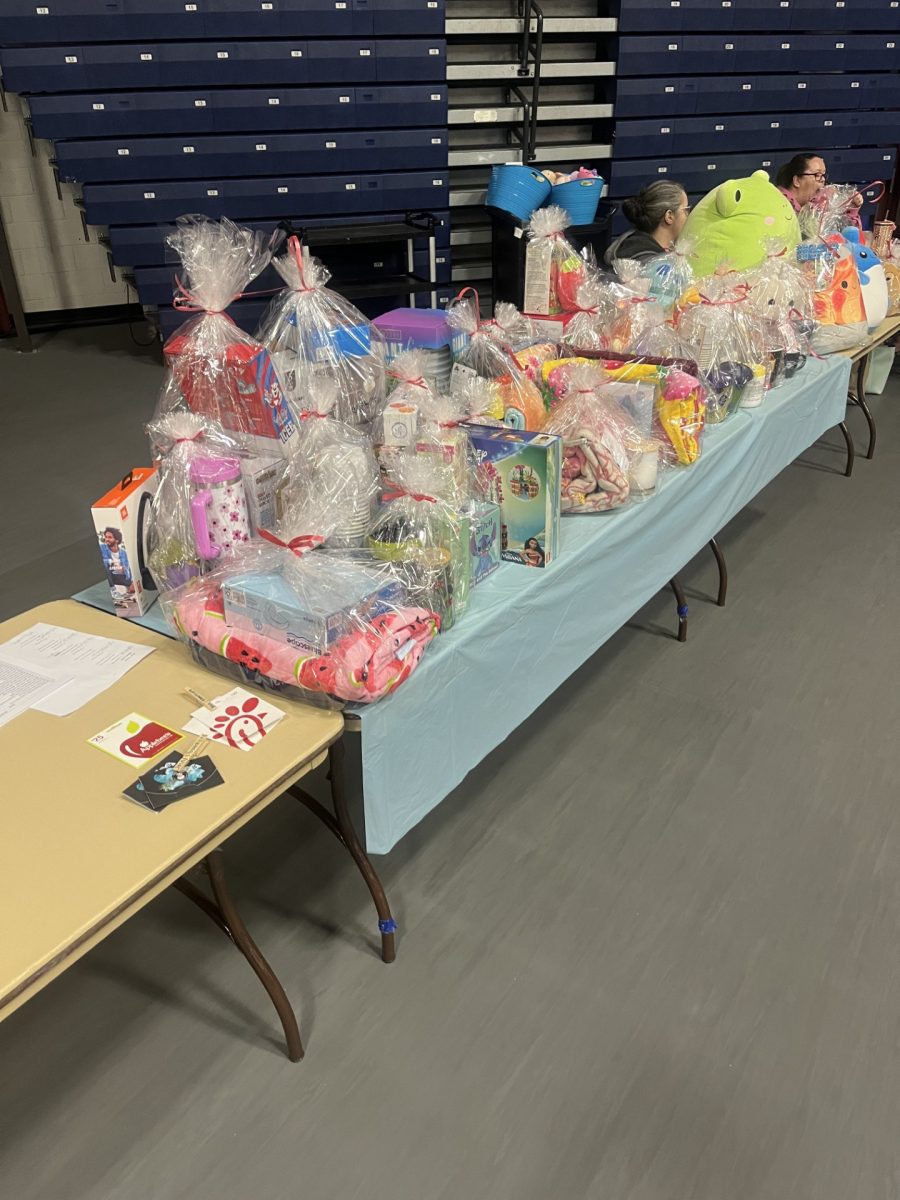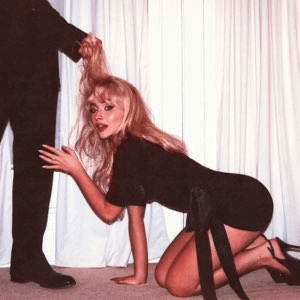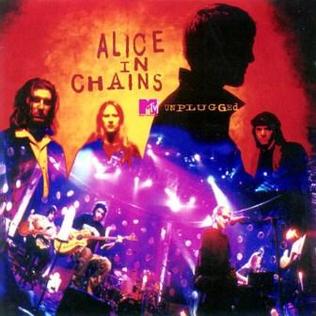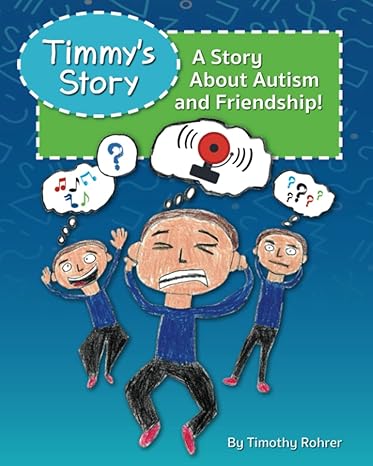Speaker turns personal tragedy into message of love and unity

February 17, 2020
February is the month of love. It is also the month of focus for a part of American History often excluded from mainstream historical and cultural lessons. Yes, it is Black History month. The BSU and SLC worked together and brought a message of love and unity to Brookdale on Feb. 12 in the form of Chris Singleton.
“It was so empowering. It was innovative. I was blessed by this event,” said Emmanuel Rosario, an education major from Red Bank in reaction to the presentation. “I feel like not just black people need to hear it. I feel like this should be a requirement. It really touched me in a different way. It should be a mandated thing.”
Singleton, an inspirational speaker and former minor league baseball player, talked to students and community about forgiveness, love and the strength of human spirit.
“How many people here have heard I love you from someone who doesn’t look like you?” said Singleton. “Everybody get up and hug someone who doesn’t look like you and tell them that you love them.”
Singleton uses this exercise in every one of his talks to try and break down barriers and to form unity across the lines that separate us.
What prompted his message and tour taking him from college campus to college campus? Singleton’s mother, Sharonda Coleman-Singleton, who was shot and killed by a white supremacist in Charleston, South Carolina along with eight other people during a Wednesday Bible study at Mother Emanuel African Methodist Episcopal.
When asked about his mother Singleton said that his favorite memory was watching “Love Taken” series with her and her eating cheddar flavored Ruffles with butter pecan ice cream. If he could speak with her today, Singleton said he would tell her he loves her and ask her if she’s proud of him.
Mother Emanuel was established in 1816 under the leadership of Morris Brown with his congregation withdrawing from the Charleston Methodist Church over a burial ground dispute. The church, like other AME churches that came before it, became the beacon for freedom and equal rights movements during the pre-civil war period. Denmark Vesey, a former slave, who bought his freedom after winning the lottery, planned a massive slave revolt using the church as a meeting place.
Mother Emanuel African Methodist Episcopal’s current building was built in 1891 and was the first all-black and black-run church in the Deep south. The African Methodists Episcopal Churches were started in Philadelphia as Black Methodists withdrew from the church because of discrimination in 1787.
With all that history, Singleton still teaches forgiveness and asked all of the audience members to do the same.
“Forgiveness is a process,” said Singleton. “People think that if I forgive them, then I’m letting them off the hook.” Singleton goes on to explain that forgiveness is for yourself for you to be able to move on. He talked about how you will realize that you built a prison for yourself by holding on to everything.
“Forgiveness is the key for a broken heart. Thank you,” said an audience member during the Q&A.
Another person asked him about unity and justice, quoting Dr. King who said that true unity cannot be achieved without fixing the injustices in the Black community.
Singleton responded with “Unity has to come before we can attack injustice.”

